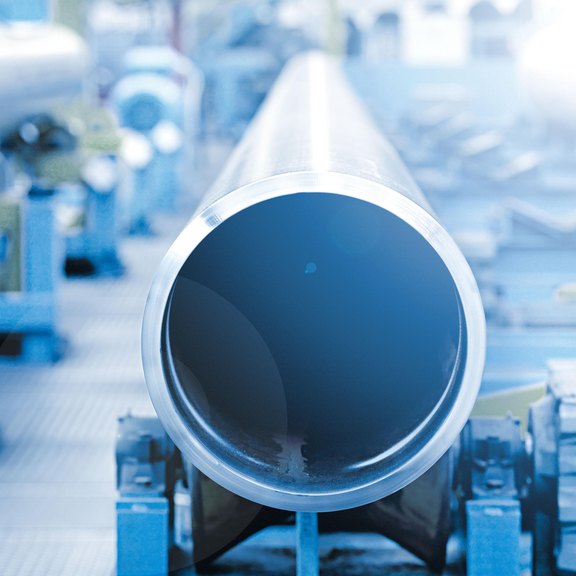Turkey’s increase of customs duties on the most imported flat steel products announced over the weekend is unlikely to affect imports of lower-priced products. However, it may affect some end users’ capacity to produce at a profit, several market participants tell Kallanish.
Ankara increased import duties on steel products falling under HS codes 7208.10.00.10.00 to 7208.10.00.90.11 from 9% to 15%, except for welded pipe producers and some re-rollers, whose duties will rise from 6% to 13%. The same duty of 13% will apply to alloyed hot rolled coil under HS codes 7225.30.90.00.11 and 7225.30.90.00.19. Import duties on unalloyed cold rolled coil under HS code heading 7209 increased from 10% to 17%.
The customs duty on steel plate will increase to 15-20% from 9-15%, and on hot-dip galvanised coil, tinplate and PPGI from 15% to 20%.
Meanwhile, import duties on dynamo steel sheet remain at 6%, on stainless HRC at 2%, and on stainless CRC at 8%, Kallanish notes.
Although some Turkish steel market participants do not appear concerned about these measures, thought to have largely resulted from lobbying by domestic producers, some participants, including pipe producers, are concerned. Having been under pressure to obtain appropriately priced feedstock for the past several years, they went as far as to call on Ankara to suspend import duties for HRC altogether in summer 2021.
The Steel Pipe Manufacturers Association (Cebid) pointed out at the time the unused capacity of the industry to expand product range and exports with investments into production of higher value-added products. Instead, even with the previous duty on HRC at 9% and 6%, competitiveness was reduced by limited resources.
Others are not so concerned, citing suppliers’ ability to adjust prices to match buyers’ expectations, especially in the last year, when Russian suppliers’ export markets have been severely constrained by Western sanctions. Additionally, a majority of imports of HRC are brought in under the internal processing mechanism, when the duty is repaid back when the material is exported, they point out.
Turkish exporters of HRC have themselves been hit by not being able to sell in the European market, as their prices were unworkable, with anti-dumping duty added, in the past couple of years. Turkish mills have been lobbying for better protection of their domestic market in the past, especially since sanctions on Russia appeared to have seen the Turkish market flooded with material. Asian-origin imports have also increased significantly in the past year.
Katya Ourakova UK






